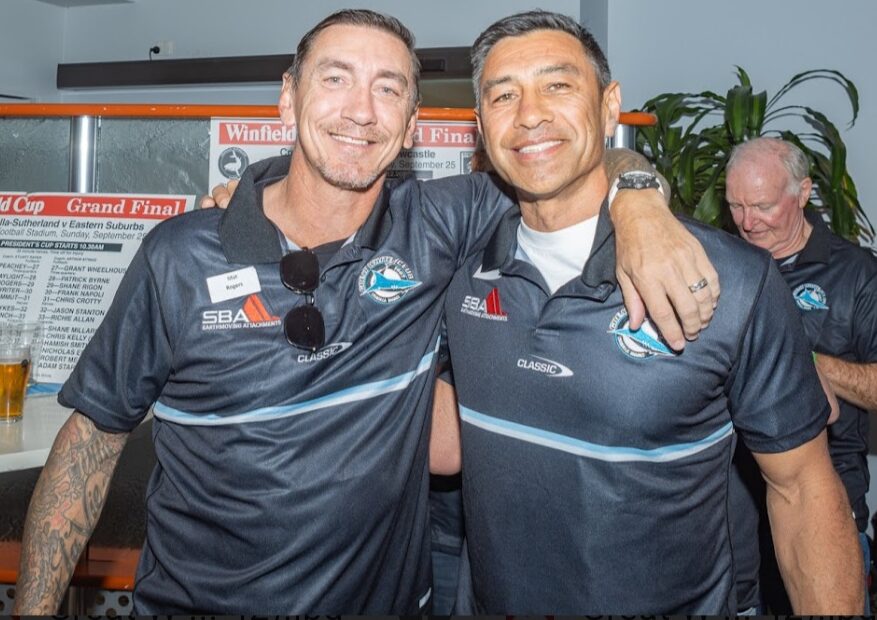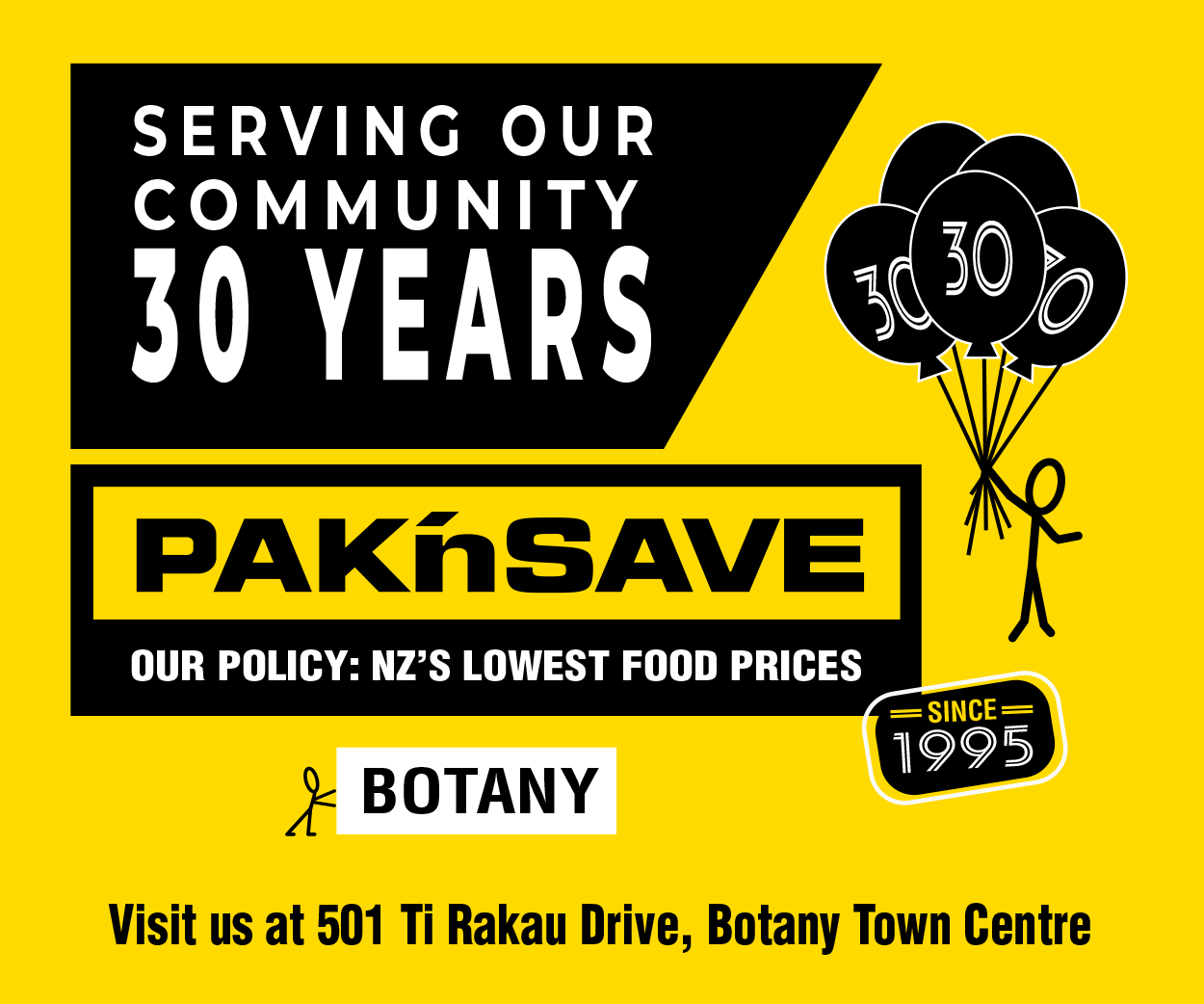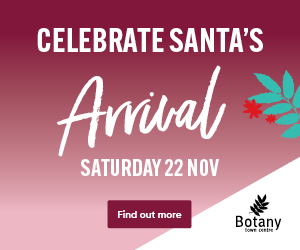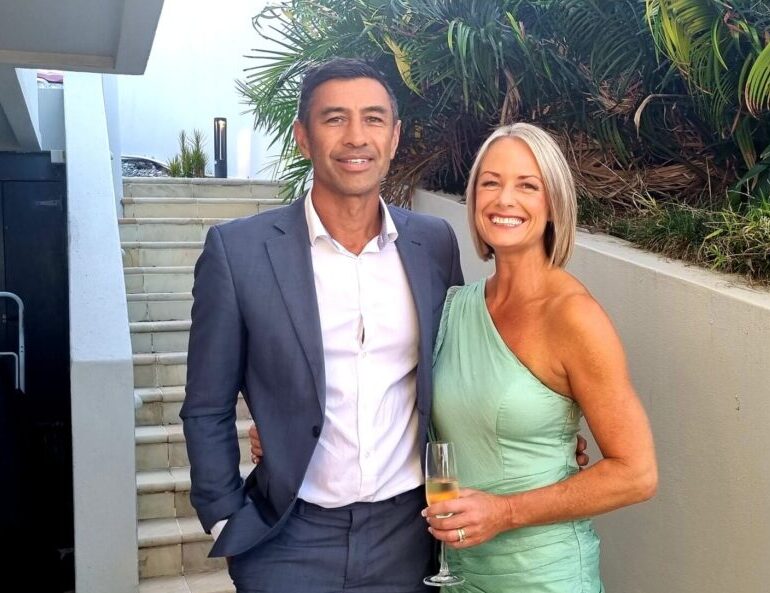
He’s an outstanding all-round sportsman who has put in the hard yards to earn his results and accolades, including leading his country in rugby league. PJ TAYLOR also asked the well-known Howickian about the work he’s doing for the critically important I Am Hope organisation.
Where were you born and grew up?
Born and raised in east Auckland. I was born at Auckland Women’s Hospital and grew up in Panmure where I lived for 21 years. I’m a proud product of the local schools – Panmure Bridge Primary, Tamaki Intermediate, and Edgewater College. Those years gave me my roots, my mates, and the community values that have stayed with me all my life.
You’re a great of New Zealand rugby league, captaining the Kiwis. Can you tell us about the other sports you played, because you’re a natural sportsman.
I’ve always been drawn to sport. If there was a ball, I was there. Growing up, I played softball for Mt Wellington, rugby union for the former Tamaki club, and Auckland under-20s basketball. At school, I was in the cricket side, and I also trained in judo, wrestling, and boxing at Lance Revill’s Gym in Mt Wellington. Touch rugby was another passion, playing with Galaxy Touch, Dusty’s Touch, then Auckland men’s touch in 1990-91, and being part of the New Zealand men’s team in 1991. All those sports gave me different tools – coordination, speed, mental discipline, and resilience, which later became an edge in my rugby league career, which started at Mt Wellington and went on to Otahuhu.
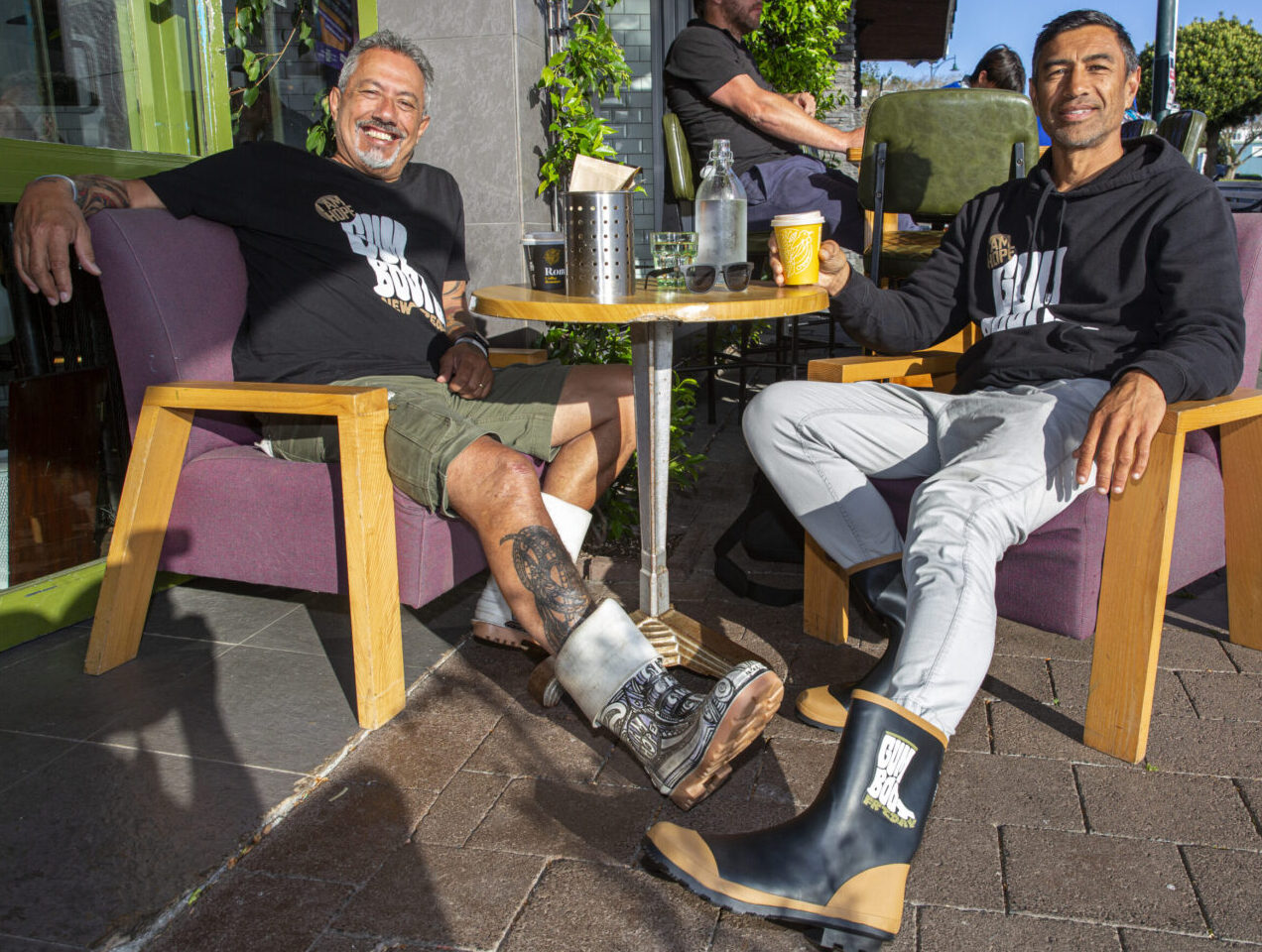
How did you get to be a professional rugby league player, and who did you play for?
Talent was an advantage, but it wasn’t enough on its own. It was my work ethic, desire, belief, goalsetting, sacrifices, and developing a training system early on that mirrored the game. Playing multiple sports helped me build a wide skillset. That foundation led to my professional career playing for the Cronulla Sharks (1994-97), Sydney Roosters (1998-2000), London Broncos (2001–02), and Hull FC (2003-04).
Who were some of the most influential people during your pro sports career?
The discipline from sports like judo, wrestling, and boxing shaped me early. All my junior coaches played a part, but my first NRL coach, John Lang at Cronulla, was huge in my development. Phil Gould at the Roosters was another. He had a game plan that suited my style, and I had the privilege of playing alongside greats like Brad Fittler and Adrian Lam. Off the field, my mother was a rock – caring, resilient, and teaching me respect. My stepfather trained with me regularly and was always part of my journey. I also trained with Douglas Pirini, the former NZ decathlete, competing against each other running around the Panmure Basin and lifting weights. Those sessions pushed me further than I thought possible. Then there’s Carrie, my wife since our school days at Edgewater College. We met in third form, started going out in fifth form, and she’s been my partner in life ever since. She’s an incredible mother to our two children and my strongest supporter.
You’re now working for I Am Hope. What is your role?
I’m a partnership manager. My role is to create awareness for youth mental health, build relationships that create sustainability for our charity, and ensure we can keep doing more for young people struggling with mental health challenges.
You’ve talked publicly about your own challenges with mental health. Is that a reason for working for I Am Hope?
Absolutely. I’ve always loved helping people, especially kids. I still mentor young people as an NLP practitioner and health coach. I’m passionate about getting the best out of people. That’s why working alongside Mike King and the team at I Am Hope made sense. Mike has put his heart and soul into this kaupapa – it’s about saving lives.
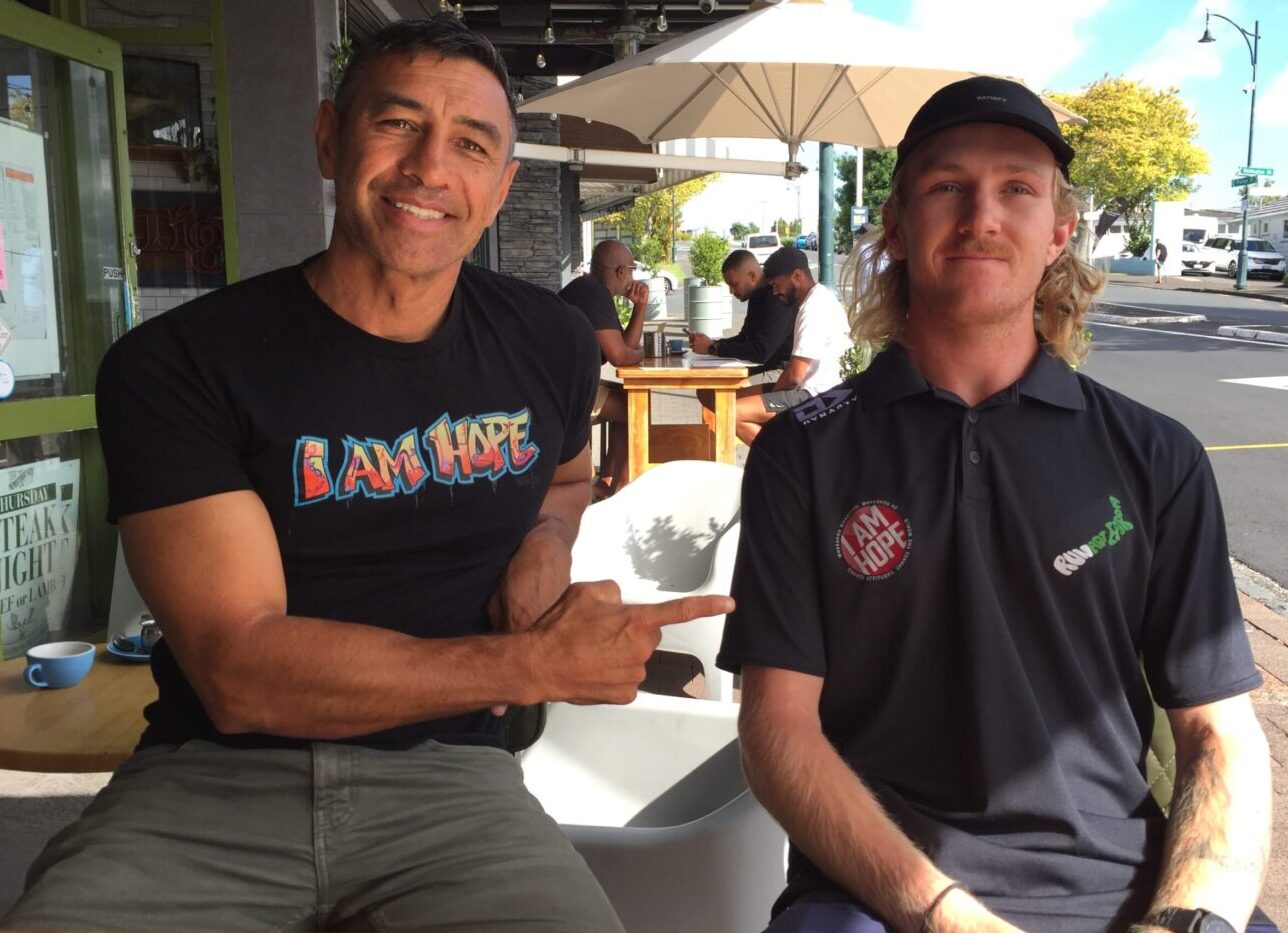
What are the problems I Am Hope is dealing with in society?
The biggest issue is the way our kids view mental health. There’s still too much stigma. We want to normalise counselling as simply having a conversation and move from crisis intervention to proactive intervention. We have the highest suicide rate in the OECD for 15- to 18-year-olds. We lose 13 people a week to suicide, and we lead the OECD in bullying. Our health and well-being challenges are at crisis point. One of the deeper layers of the problem is the changing relationship between children and their parents. Parenting has shifted. Many mums and dads are time-poor, struggling with work-life balance, and family time is being squeezed. Technology has crept into that space, replacing real connection, and in some cases, parents are doing too much for their children. While it comes from a place of love, it can unintentionally make kids less resilient and strip away opportunities for them to develop problem-solving skills. There’s also a misconception that I Am Hope gets big government funding. The truth is all the money goes from Te Whatu Ora directly to Gumboot Friday counsellors. None of it funds the I Am Hope brand, which is the engine room of our charity. That’s had a massive impact on us in the last year.
If there was one thing you’d like to see change in New Zealand society, what would it be?
For people to be more empathetic and open-minded.
What are some of your favourite things to do in east Auckland in your downtime?
Golf is my number one. There’s nothing like it for focus and challenge. I love walking in the bush to ground myself and have time to reflect. And you’ll often find me at The Apothecary Café for a coffee… or a well-earned beer.
